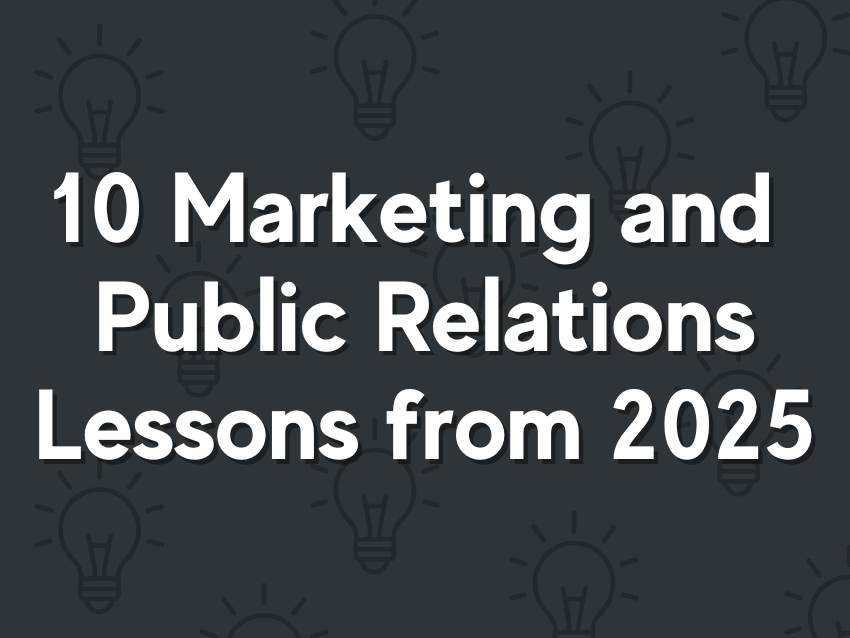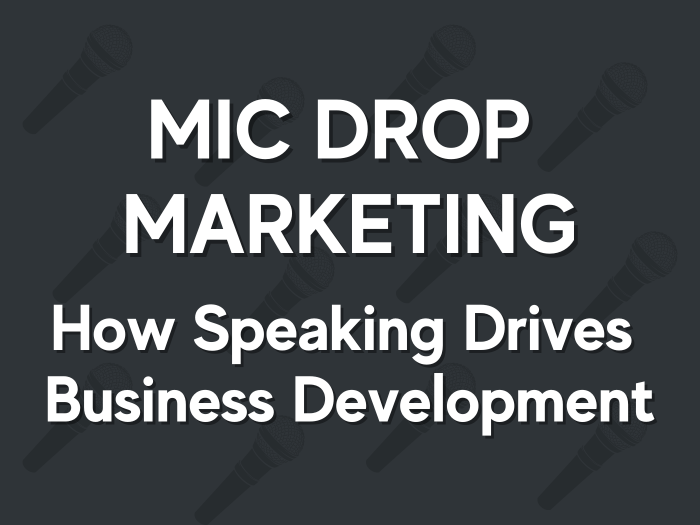“All defense firms are going to have to have new websites,” is the way that Phillip Baker of Baker, Keener & Nahra, LLP wrapped up a session with a panel of three sitting judges at the recent Association of Southern California Defense Counsel conference. Why are defense firms going to need new sites? Because, by their own admission, judges immediately Google the lawyers and expert witnesses involved in a case they know they will be hearing. And, often, defense firms’ websites pale in comparison to those of their plaintiff counterparts.
When Berbay talks with attorneys about expanding and upgrading their websites, the discussion usually centers on the website validating that prospective clients have come to the right place or about how a site can be optimized so that it appears higher in search rankings. It appears that few are addressing the fact that judges and juries are looking at a firm’s site and forming an opinion. However, a well-executed website represents an outstanding marketing tool for litigators, who need to realize that judges and jurors will be looking at their sites and gleaning from them what may be their first impressions of the attorneys and their work.
An attorney-colleague suggested that since judges are particularly interested in attorneys’ websites, firms should consider including a navigation tab just for judges, where there could also be a message similar to: “Thank you for coming and visiting our site. We wanted to let you know about the cases we have tried, our philosophy and how we approach things.” Taking these steps would provide attorneys with opportunities to convey critical information that may not come through in their biographies, or more clearly connect information that may already be on the website with the litigation matter at hand. Additionally, existing website information could be tweaked for individual cases.
Are we late to the game in terms of taking this into account? Perhaps, but the audience listening to these judges appeared to take the judges’ admission of Googling as revelatory, and to a lot of the lawyers we’ve discussed this with, it seemed like new information. In any event, if attorneys – plaintiff and defense — pay attention to the larger role Google searches play in these audiences’ impressions of them, then hopefully they will become highly motivated to update their obsolete sites.


